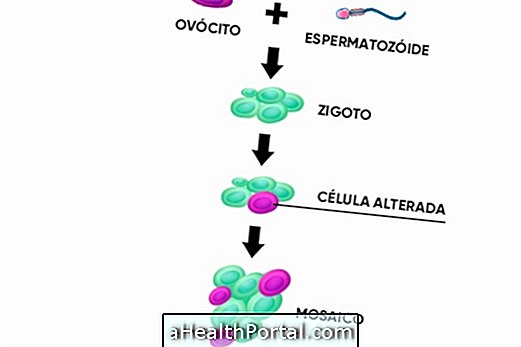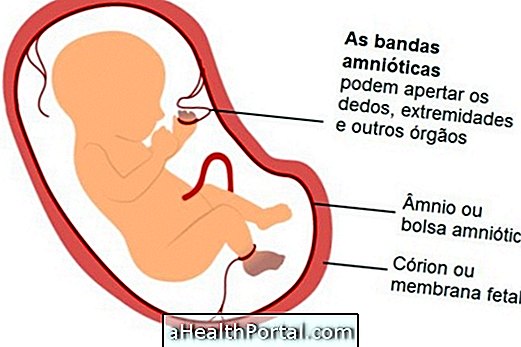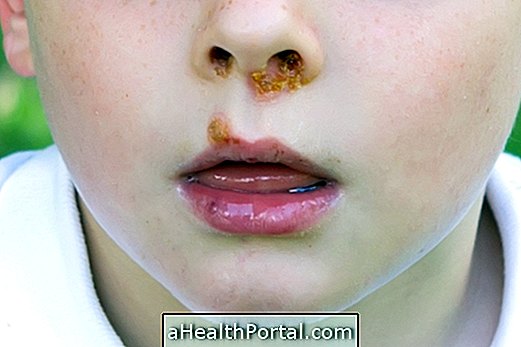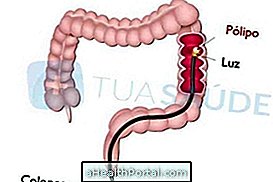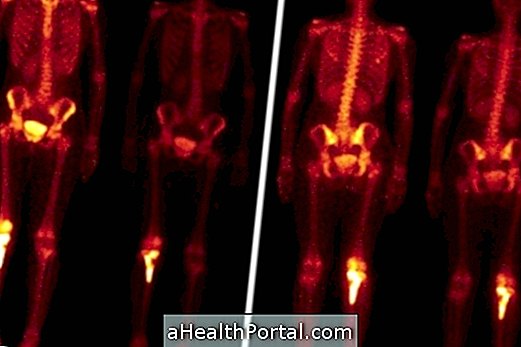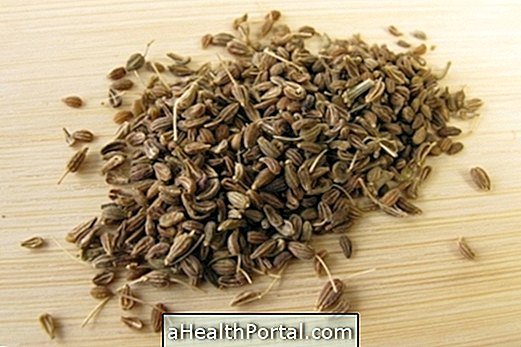Maroteaux-Lamy Syndrome or Mucopolysaccharidosis VI is a rare inherited disease, where the carriers have the following characteristics:
- Short,
- facial deformations,
- short neck,
- recurrent otitis,
- diseases in the airways,
- skeletal malformations and
- muscle stiffness.
The disease is caused by changes in the enzyme Arylsulfatase B, which prevent it from performing its function that is to degrade polysaccharides, which in turn accumulate in the cells, developing the symptoms characteristic of the disease.
The patients with the syndrome have normal intelligence, so children do not need a special school, only adapted materials that facilitate interaction with teachers and classmates.
The diagnosis is made by a geneticist based on a clinical evaluation and laboratory biochemical analyzes. The diagnosis in the first years of life is very important for the elaboration of an early intervention plan, which will help in the development of the child and in the referral of the parents to the genetic counseling, since they run the risk of passing the disease to the later children.
There is no cure for Maroteaux-Lamy syndrome, but some treatments such as bone marrow transplantation and enzyme replacement therapy prove effective in reducing symptoms. Physical therapy is used to decrease muscle stiffness and enlarge one's body movements. Not all sufferers present all the symptoms of the disease, severity varies from individual to individual, some are able to live a relatively normal life.

